Description
C ++ Training : Introduction to Object Oriented Programming
C ++ Training : Object Oriented Programming Features
Data Encapsulation
Data Abstraction
Object
Class
Inheritance
Polymorphism
Dynamic Binding
Introduction to C++
Tokens
Keywords
Identifiers
Constants
Input and Output Statements
Operators
Scope Resolution operator(::)
Memory Management Operators
Data Types.
C++ Programming structure.
Branching Control Structures
If
If-else
Nested if-else
If-else ladder
Switch case statement
Looping Control Structures
For loop
While loop
Do … while loop
Break and continue statements
Nested loops
Arrays and Strings
Single dimensional arrays
Two dimensional arrays
Multi-dimensional array
What are strings?
String Manipulation Functions
Functions
Introduction
Declaring and Defining a function
Parameter Passing Techniques
Call by value and call by Reference
Inline Function
Friend Function
Function Overloading
Classes and Objects
Introduction
Difference between Class and Structure
Defining Classes in C++
Access specifiers
Member Functions
Instantiating Classes
Static member Data and Static Member Function
Friend Functions and Friend classes
Constructors and Destructors
Introduction
Defining constructor
Using Constructors
Passing arguments to constructors
Constructor overloading
Default constructor
Copy constructor
Destructor
Defining Destructor
Inheritance
What is inheritance?
Advantages of Inheritance
Private, Public, Protected Accessing modes
Types of inheritance
Single inheritance
Multiple inheritance
Multi-level inheritance
Hierarchical Inheritance
Hybrid Inheritance
Defining Base and Derived Classes
Constructor and Destructors
Virtual base class
Pointers
What is pointer
Declaring and Initializing pointer variables
Pointer Arithmetic
Pointers and Arrays
Pointers and Functions
Pointers to pointers
This pointer
Null pointer
Dynamic memory allocation
New, delete operators
Operator Overloading
Need of overloading
Defining operator overloading
Rules for operator overloading
Overloading unary operators
Overloading binary operators
Overloading binary operators using friend function
Polymorphism and Virtual functions
What is polymorphism
Types of polymorphism
Function Overloading
Virtual Functions
Pure Virtual functions
Templates
What is Template?
Use of Templates.
Types of Templates
Function Templates
Class Templates
Member function Templates
Template Arguments
Exception Handling
What is Exception?
Need of Handling Exceptions
Types Of Exceptions
Exception Handling Mechanism
File Handling
Introduction
Classes for File Stream Operations
Opening and closing a file
Detecting End of file
Command line arguments
Note: C++ Training with Linux Basics
Key Features:
Training Type: Online Live Interactive Session.
Experienced Faculty.
Small Groups
Duration 30 Hours
Access to Class Recordings.
Weekday / Weekend Classes.
Evening Schedule:
3 Days / Week
8:30 PM – 9:30 PM EST
9:00 PM – 10:00 PM EST
9:30 PM – 10:30 PM EST
10:00 PM – 11:00 PM EST
Morning Schedule:
3 Days / Week
10:00 AM – 11:00 AM EST
10:30 AM – 11:30 AM EST
11:00 AM – 12:00 PM EST
11:30 AM – 12:30 PM EST
Please contact us, If you are looking for different schedule or need more information.
Phone : 1+ 734 418 2465
Email : info@learntek.org
Inquiry Now
USA: +1 734 418 2465 | India: +91 40 4018 1306

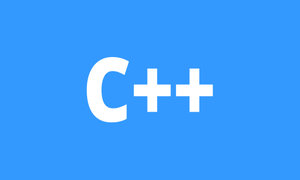
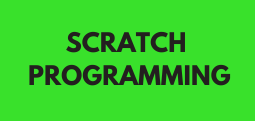
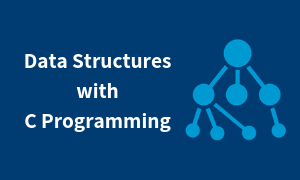

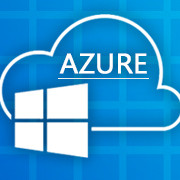

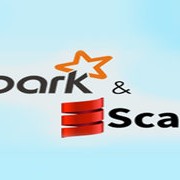
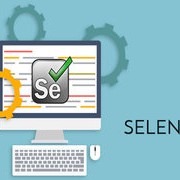
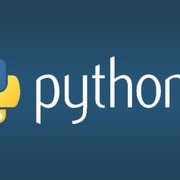
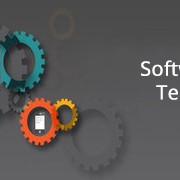
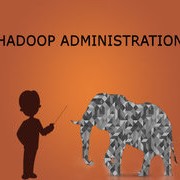
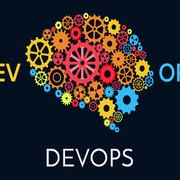

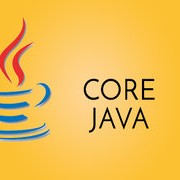

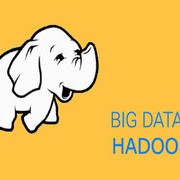
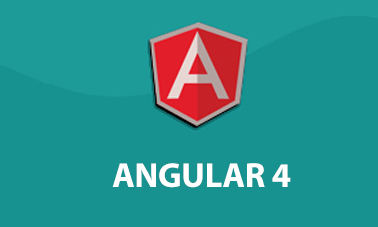
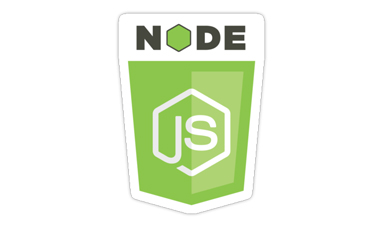
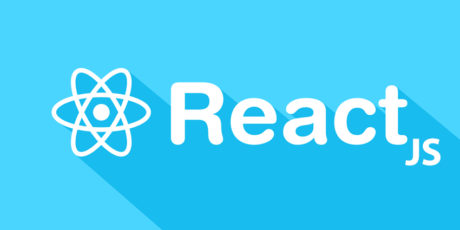
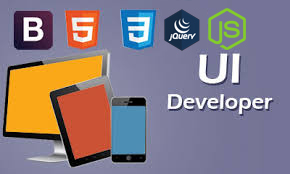

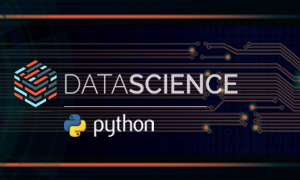

 +91 40 4018 1306
+91 40 4018 1306 +1 734 418 2465
+1 734 418 2465 info@learntek.org
info@learntek.org